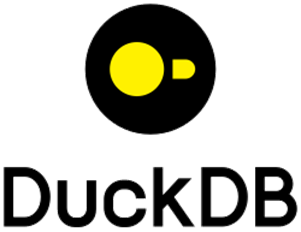 Claire runs a local restaurant with $500,000 in annual sales. She is thinking about revising the menu. To this end, she wants to learn more about her customer base. Specific questions include:
Claire runs a local restaurant with $500,000 in annual sales. She is thinking about revising the menu. To this end, she wants to learn more about her customer base. Specific questions include:
- Which items should she axe?
- Which should she add?
- Are the current prices optimal?
- Are "loss-leading" happy-hour specials worth it?
To answer these questions, does she need to purchase and deploy a proper master data management (MDM) application to do so?
It's doubtful. Odds are that this kind of solution is overkill for her small, single-location restaurant.
You are not Claire
If you're reading this blog, however, it's very unlikely that you work for – or with – such an environment. No, you're probably dealing with enterprise data in increasing complexity, not to mention volume, variety and velocity.
And those v's matter more than ever. By way of background, Douglas Laney (then with the META group, now with Gartner) originally coined the three v's in late 2001 – more than a decade before big data entered the business vernacular. (Since that time, many software vendors and consulting firms have tried to pilfer or co-opt it, but I digress.)
Because yours is no mom-and-pop shop, going the MDM route may well make a great deal of sense. Data quality may increase considerably, but will it result in penetrating and valuable customer insights?
The answer depends on myriad factors. An MDM application can do many things, but make no mistake: By itself, it is neither a necessary nor sufficient cause for greater customer knowledge and insights. To elaborate, MDM "bots" don't alert managers that certain customers enjoy movies with colors in their titles as Netflix does. Ditto for the ostensibly inexplicable finding that strawberry Pop-Tart sales increase before an impending hurricane. (That's Walmart.)
I don't know for certain if Netflix "does" MDM, but I doubt it. As for Walmart, a LinkedIn search reveals quite a few current and former employees with the term in their titles. In a way, however, the MDM question here is moot: These companies would not be able to understand their customers so well if they spent a great deal of time cleansing the very basic data issues that MDM applications address.
Simon Says: MDM is helpful but guarantees nothing.
Think of MDM as you would any other powerful enterprise application. Its presence guarantees nothing – nor does its absence. As Dylan Jones described on this blog, without a data-oriented culture, data governance and the like, any technology is unlikely to yield benefits of consequence. MDM is no exception to this rule.
Feedback
What say you?






